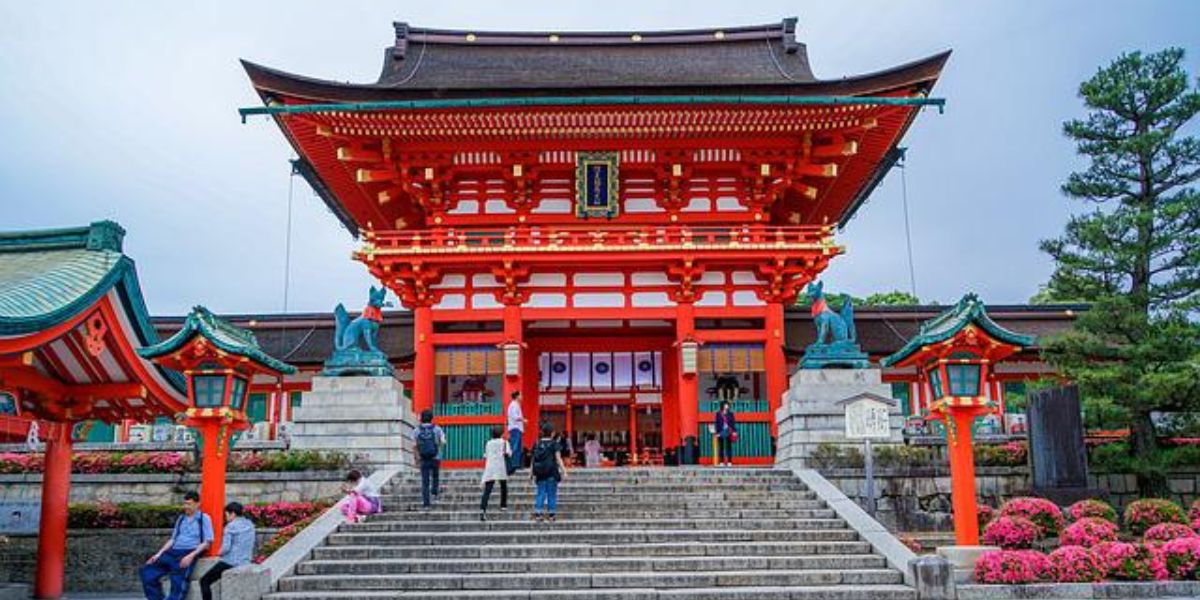Japan’s tax commission has announced on 8 December 2016, its intention to amend the tax rules regulating CFCs (controlled foreign corporations), which are also known as the Anti-Tax Haven Rules. According to the proposed 2017 tax reform, the Japanese CFC regime would be extensively amended in light of the final report and recommendations made by the BEPS Action 3 under the sub-heading “Designing Effective Controlled Foreign Company Rules.
The main point of the amendments:
-The tax rate exemption rule whereby the CFC regime would only apply to a Foreign Related Company whose effective income tax rate is less than 20% will be abolished, thereby resolving under-inclusion issues (for example, the rules providing that the CFC regime applies only to a foreign related company that has an effective income tax rate of less than 20% would be repealed).
-Also, it would be proposed that a foreign related company that has an effective income tax rate of 20% or more would be subject to the CFC regime when it is one of three types of companies—a “paper company,” a “cash box” or a “black-list company.” Further, there are proposals to establish a threshold test of 30%.
-A de facto control test will be added to the criteria of a Foreign Related Company and Japanese shareholder subject to the income inclusion rules.
-The scope of passive income will be expanded.
However, the proposed amendment is expected to be published, along with a comprehensive tax reform plan, in late December. After publication of the comprehensive tax reform plan, an amendment bill will be discussed in the national Diet and is expected to come into force in 2017.















